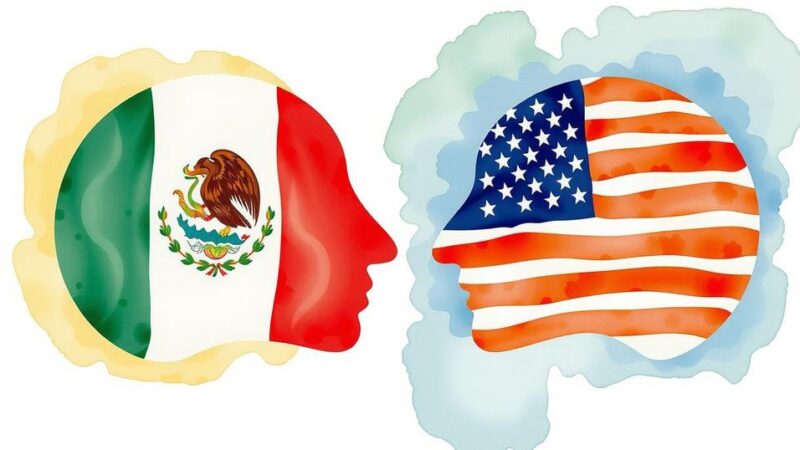Joseph Kabila has suspended his studies to deal with the worsening situation in the DRC. He insists that resolving the country’s challenges is a collective effort requiring the engagement of all citizens. Kabila reflects on peace’s necessity for development and offers insights into past agreements and current mediation efforts.
Joseph Kabila, the former President of the Democratic Republic of Congo, has announced the suspension of his studies at the University of Johannesburg to address the deteriorating situation in his country. This disclosure was made during an interview with Namibia Broadcasting Corporation while attending the funeral of Namibia’s founding President, Sam Nujoma. Kabila expressed his commitment to help prevent further decline in the DRC’s conditions.
Kabila confirmed that he had paused his academic pursuits about two to three months ago to allocate more time to the issues back home. He refuted the notion that he had been “emerging from the shadows,” insisting he had always remained engaged and focused. He explained that while multitasking is feasible, dealing with serious matters necessitates concentrated attention.
In addressing the current crises, Kabila emphasized that solutions cannot stem from one individual, reinforcing that the DRC comprises 120 million citizens. He recognized the importance of collective action, both from Congolese citizens and regional partners, to resolve the challenges facing the country.
Kabila further indicated that peace is vital for economic development, affirming his commitment to fostering stability and cohesion within the DRC. Reflecting on past agreements, he acknowledged previous successes in achieving peace, particularly highlighting the Lusaka Agreement and its contributions toward governance and stability.
Discussing the withdrawal of foreign troops, Kabila cited a significant decision from 2001 to ensure Congolese sovereignty. However, he noted that replicating such an approach today requires careful consideration. He underscored the importance of maintaining a sovereign decision-making process free from foreign military interventions.
On mediation efforts led by figures like Kenyan President William Ruto, Kabila stressed the necessity of engaging the Congolese populace to understand their struggles better. He outlined that successful mediation includes goodwill, strong citizen engagement, and concrete guarantees for lasting peace. Finally, he commented on his relationship with current President Félix Tshisekedi, noting the collapse of their coalition government due to Tshisekedi’s unilateral decision.
In summary, Joseph Kabila has suspended his studies to prioritize addressing the escalating crisis in the DRC. He emphasizes collaborative solutions involving all Congolese citizens and recognizes the essential role of peace for national development. Kabila’s reflections on past agreements and the challenges of mediation highlight the complexities of the ongoing situation in the DRC, advocating for grassroots engagement as a critical element for resolution.
Original Source: www.newtimes.co.rw






